ve-header title="War in Kent" background=gh:kent-map/images/wartime/road2 .sticky
On the frontline of England’s defence, Kent played a pivitol role in both the First and Second World Wars.
.cards
Spanish Armada
Spanish Armada
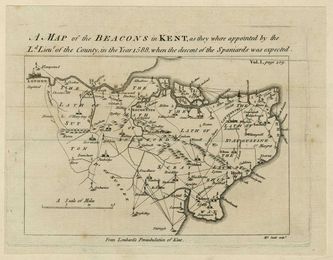
With invasion threatening, Kent mobilised its forces, but did it leave the coastal town of Margate unprotected?
Plum Pudding Riots
Plum Pudding Riots
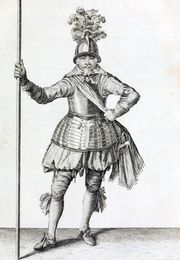
A riotous time in Canterbury on Christmas Day, 1647.
Sheppey at War
Sheppey at War
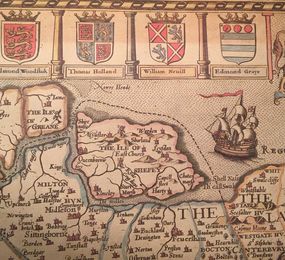
The Island of Sheppey was at the centre of the famous Medway attack during the Anglo Dutch War (c.1664-1667).
Belgian Refugees
Belgian Refugees
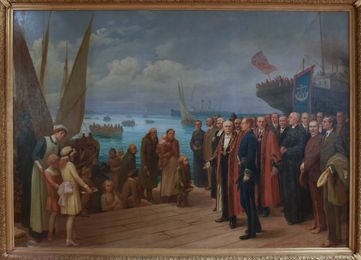
As many as 250,000 Belgians from all layers of society sought refuge in Britain after the fall of Antwerp on 6 October 1914. The initial refugee population in Folkestone has been estimated at 15-20,000 in 1914, falling to 1,500 by mid-1916.
Folkestone and World War 1
Folkestone and World War 1
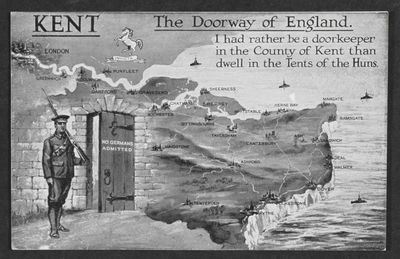
The outbreak of war in August 1914 led to a transformation of this genteel resort. Folkestone, with its port and excellent rail and road links, became the main point of embarkation and return for the battlefields of France and Flanders.
Richborough: The Secret Port
Richborough: The Secret Port
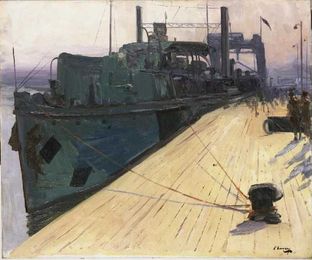
Built in secret, the old Roman port of Richborough, was chosen for redevelopment during the first world war to supply the army for its ‘last stand’.
Romney Marsh during World War 2
Romney Marsh during World War 2

With fears of invasion, Romney Marsh had to defend itself, utilising its miniature railway to transport troop and equipment.
Battle of Britain Memorial
Battle of Britain Memorial
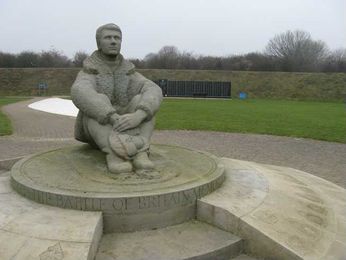
The Battle of Britain Memorial at Capel-le-Ferne near Folkestone commemorates ‘The Few’.
Canterbury in WW2
Canterbury in WW2
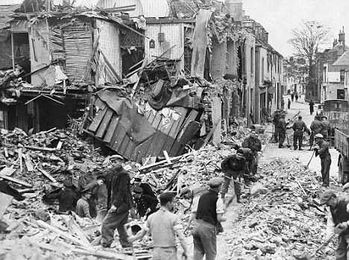
Canterbury suffered from bombing raids during the second world war and many parts of the historic city were destroyed.
Doodlebugs in Kent
Doodlebugs in Kent
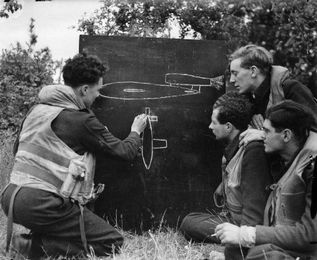
The year 1944 was one of devastating human loss for Kent, in part due to the impact of a newly invented ‘revenge weapon’ (Vergeltungswaffen) used by the Germans.
Sir Winston Churchill
Sir Winston Churchill
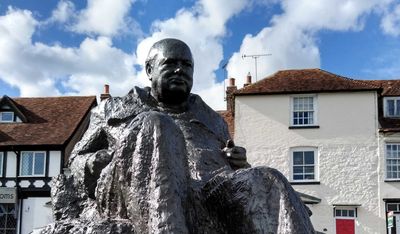
War-time Prime Minister Winston Churchill has several connections to Kent. Most importantly he was a resident of Kent, living at Chartwell, a country house near Westerham.
Secret Wartime Tunnels
Secret Wartime Tunnels
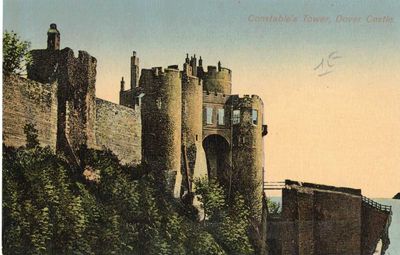
The secret network of underground tunnels at Dover Castle were vital in the Evacuation of Dunkirk and in key deception operations of the Second World War.
Paul Nash
Paul Nash
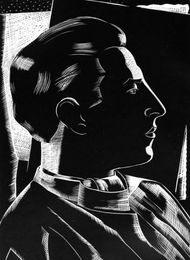
Paul Nash was a war artist and photographer who became an important influence in British inter-war surrealism and Modern Art. Suffering post-traumatic stress disorder after World War One, Nash moved to Dymchurch where he recuperated whilst repeatedly painting seascapes in which the sea wall was a central motif.
Wilfred Owen
Wilfred Owen
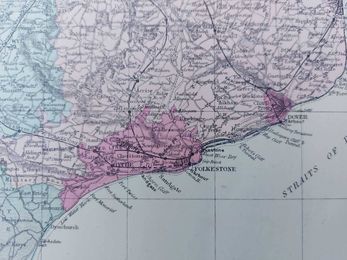
First world war poet, Wilfred Owen, passed through Folkestone on his way to the front.
Siegfried Sassoon
Siegfried Sassoon
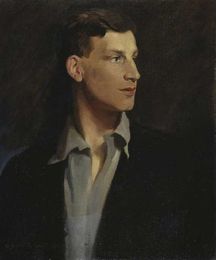
Sassoon was born at Weirleigh, Matfield in 1886 and lived there throughout his childhood. His war poem ‘Repression of War Experience’ is set not in the trenches but at his home in the High Weald of Kent.